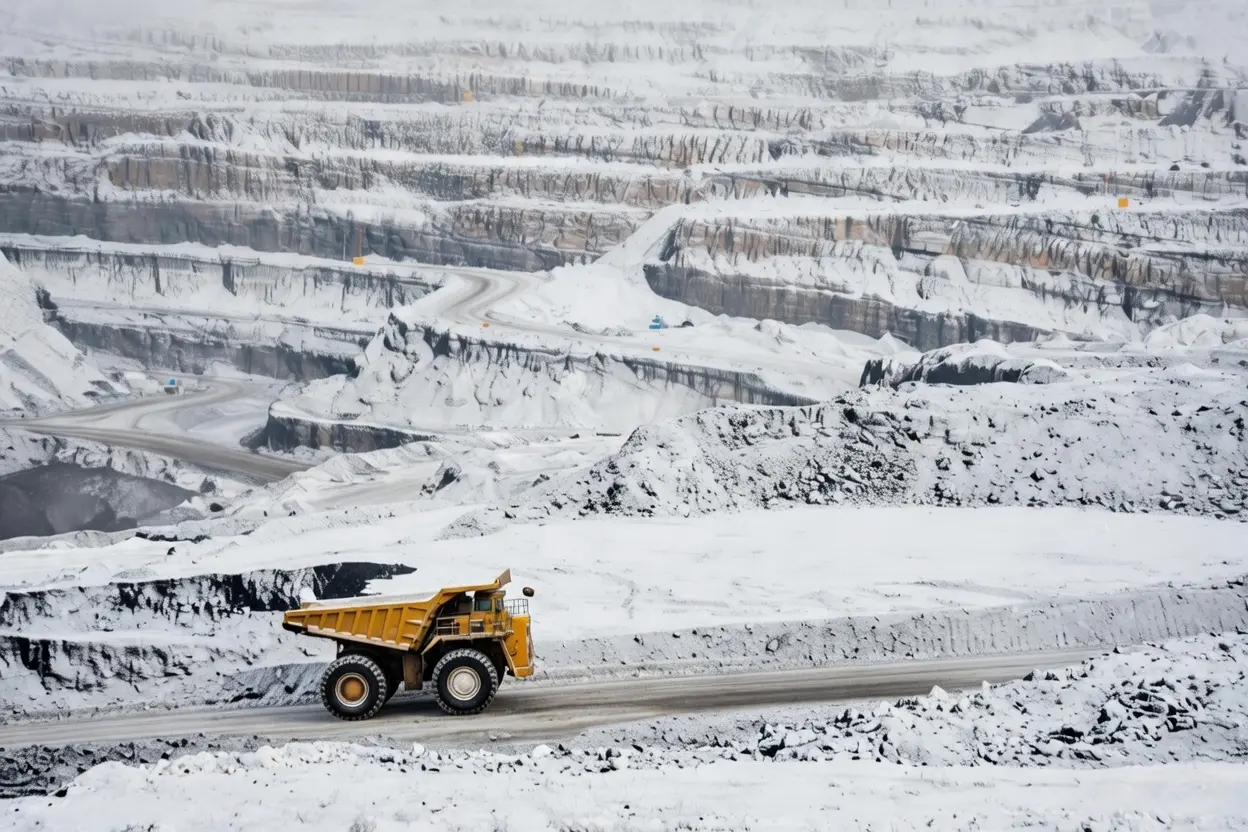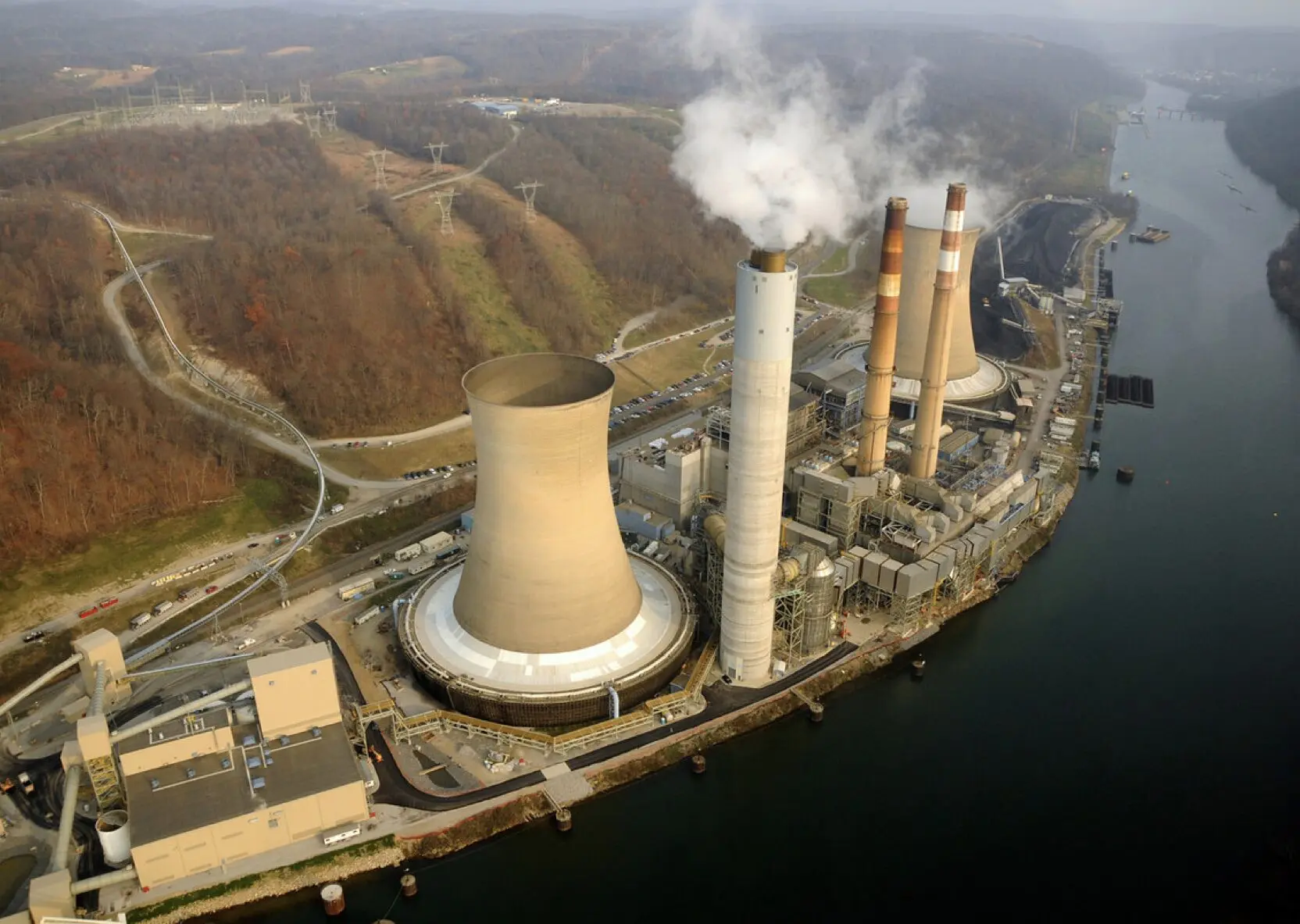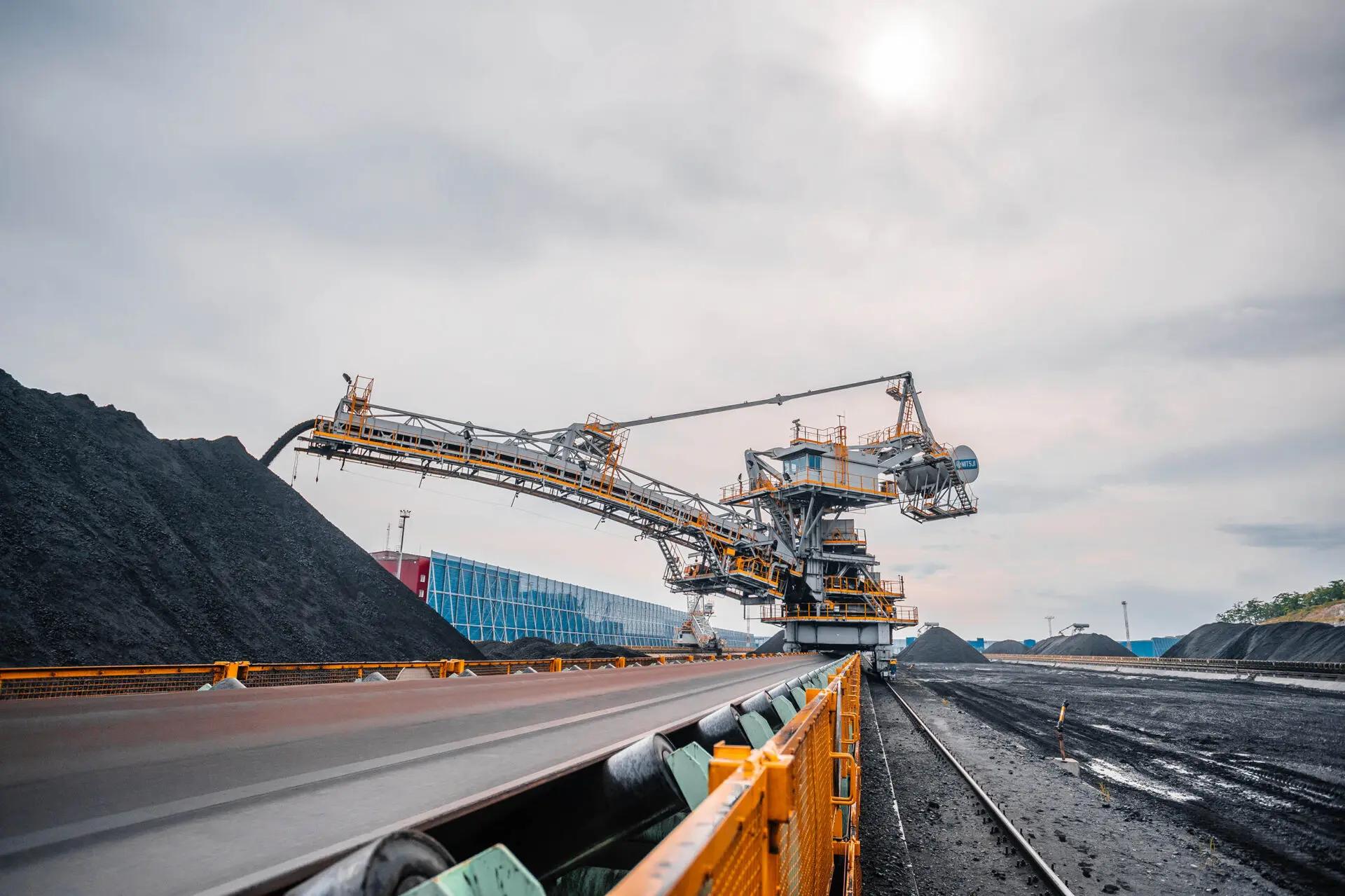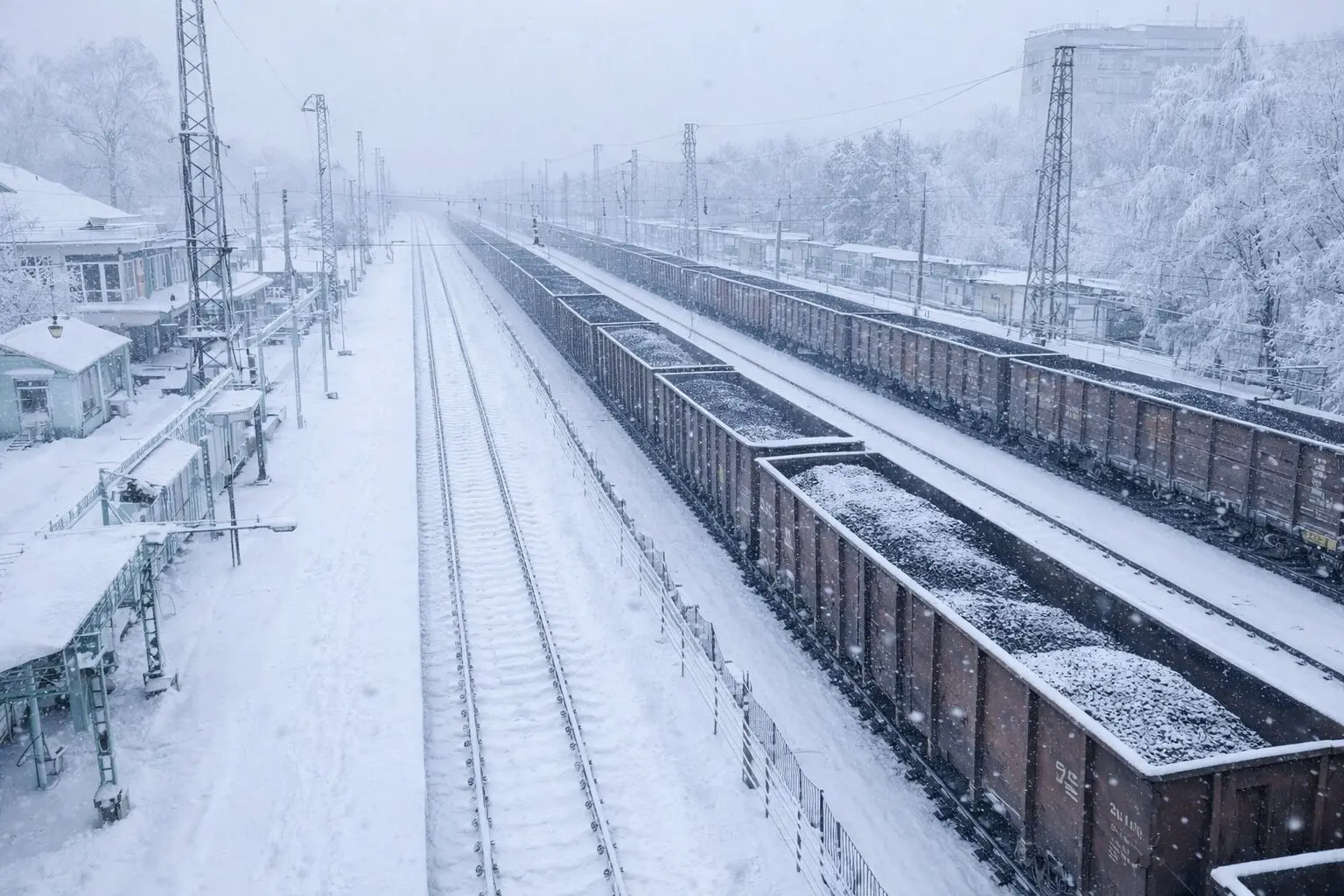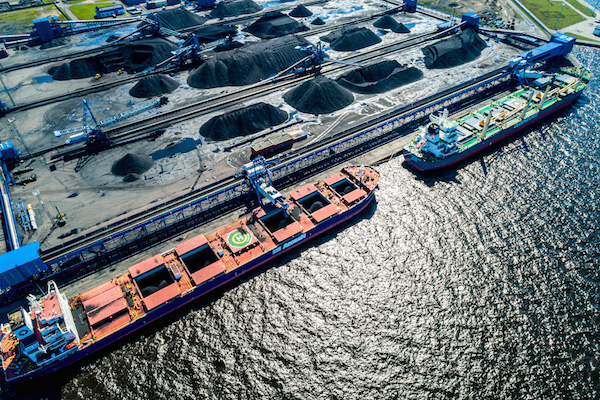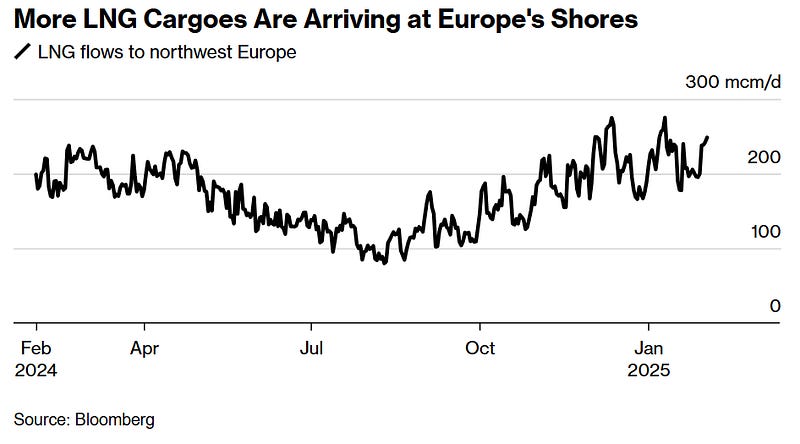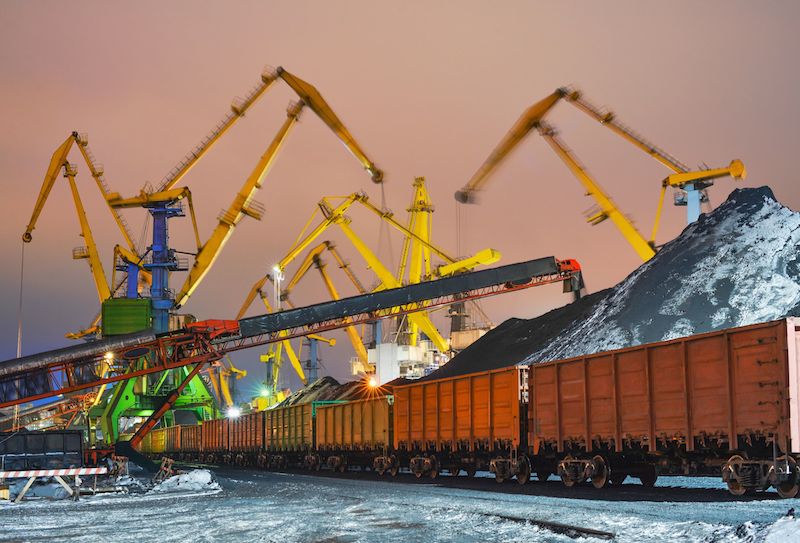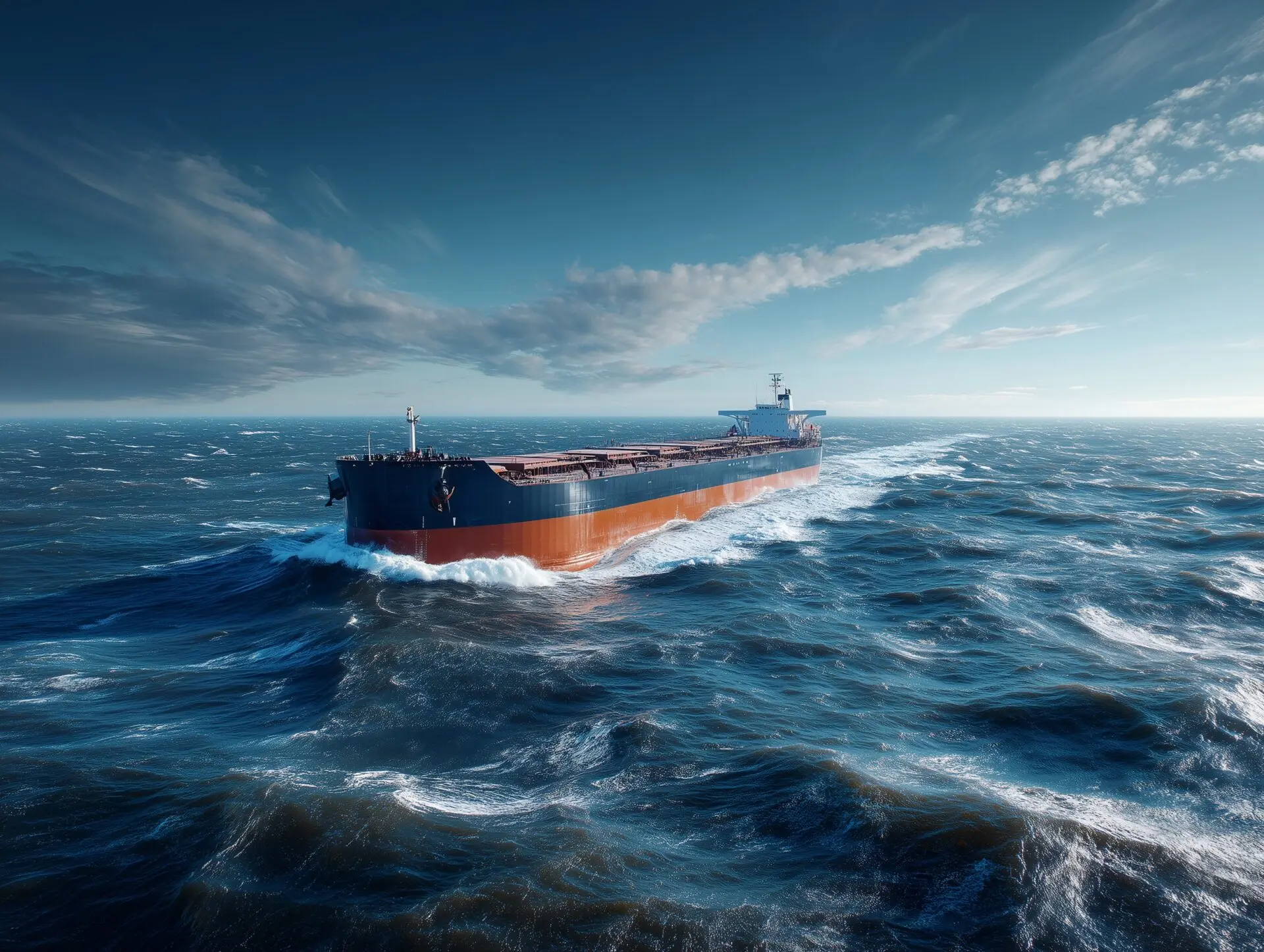

The European Commission issued new guidelines to sanctions on Russian coal, related to imports, financing, transport and supply insurance.
Under the updated regulations, the EU allows European companies to transfer coal of Russian origin to third countries, as well as financing or financial assistance linked to such transfers, including insurance and reinsurance of shipments carried out by EU operators or via the EU territory (including in transit).
As stated by the European Commission spokesman Daniel Ferry, the EU permitted operations with Russian coal for third countries to avoid the negative impact of anti-Russian sanctions on the energy security of third countries around the globe, in particular of the least developed ones. Meanwhile, the full import ban on coal into the EU remains in place.
In addition, new EU clarifications to ease sanctions on Russian coal supplies, criticized by Poland and the Baltic states, are designed to cool global prices, which are breaking historical record highs and showing more than two-and-a-half-fold increase during 2022, as well as reduce energy shortages on the world market.
After imposition of the embargo, the EU faced issues in the transport industry, as European shipowners seen shipping Russian coal cited the lack of clear interpretation of the sanctions, as well as the risks of losing the shipping market to transport companies from Asia.
The average price for thermal coal at European ARA terminals in September 2022 was around 350 USD/t (+180 USD/t or +106% vs. September 2021), while the monthly average price for High-CV Australian material at the Port of Newcastle amounted to 450 USD/t (+270 USD/t or +150% vs. September 2021).
Russian coal is traded at a significant discount to global indices, with a final price not exceeding 200 USD/t delivered to Asian ports.
Source: CAA


